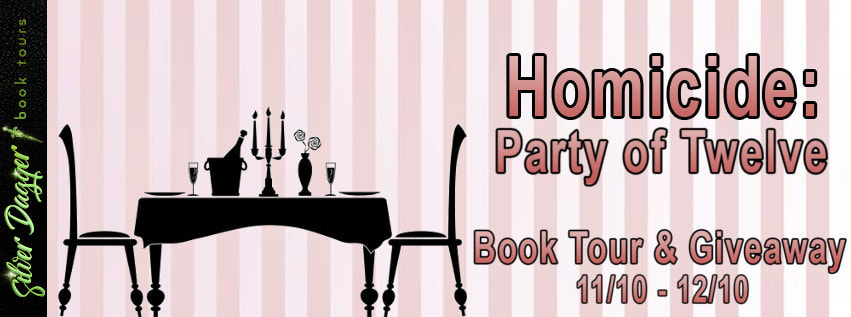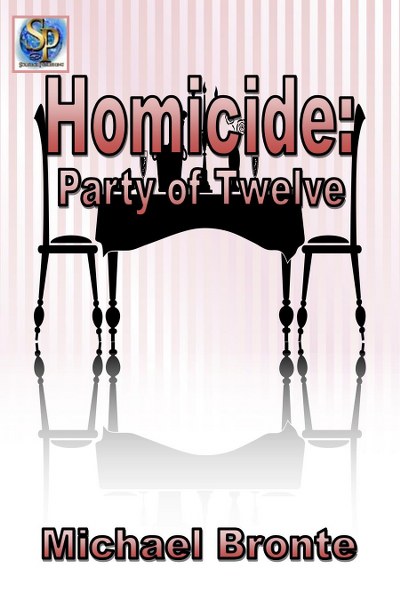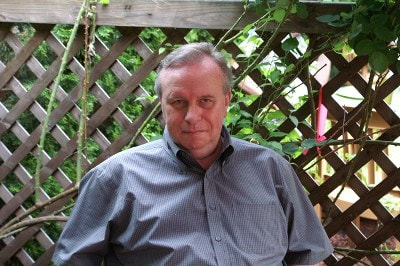- How did you come up with the name of this book?
- How long have you been writing?
I’ve been writing for about twenty-five years on and off, and I started writing when I got a job with an advertising agency writing copy for radio commercials. This was before the time when everyone had a computer in their home, and long before email, so my employer gave me a computer to use so we could “telefax” copy back and forth to each other due to the fact that we lived far apart. “Here’s a computer. Learn how to use the word processing program so that we can telefax the radio copy,” were my instructions. So, I asked myself, what do I write in order to learn this word processing program? I decided to write a story about some of my college experiences, and six months later I had written my first book.
- What advice would I give to new authors?
The only advice I would give is to be dedicated. Whether you study creative writing or do it as a hobby, you have to have the dedication to learn what makes good writing. That’s a monumental task on its own. Then come the publicizing of the work, which even harder. There are a zillion books out there, and no one will buy or read your work if they don’t know about you. As a writer, if you don’t have the dedication to learn the craft and overcome the difficulty of creating an awareness of you and your work, you’ll be writing only for yourself.
- What is your writing process?
For me, it starts with a story idea, which I get from many places: from friends, my kids, the news, daydreaming in church—the story ideas literally come to me out of the blue sometimes. The idea also has to reflect the ending. If I don’t have the ending in mind, I don’t start writing until I do. Otherwise, the writing will directionless, and you have to have direction in order to devise the scene-and-sequel chain of events that make the story coherent. Once I have the ending in mind, I conceive the geographic setting, the characters names (I find that conceiving the names helps me to build the personalities and qualities of the characters), and then finally the plot which is aimed at the end I already have in mind. From there a proceed to write the first scene, and continue with the scene-and-sequel process (if you don’t know what that is, don’t start writing; do your research). Every scene, every sequel, every line of dialogue, every turn of the plot has to come together at the end of the book. It’s like a big funnel where all the action, incidents, and dialogue all come together at the bottom of the funnel at the end with all questions resolved.
- Do you believe in writer’s block?
No. I believe in being afraid. I think writers freeze when they don’t have a “perfect” idea in their heads as to how to proceed with a piece of work. I say, “Force yourself. Write something, anything you consider as the best idea at that point in time. Often, ideas will come to you once you overcome the lack of writing inertia, and thought start to flow. If something isn’t right, you can always go back and edit, rewrite, eliminate, or add to what you’ve written to make it work. Unless you force yourself to get some words down, you’re dead meat.
- Do you prefer to write in silence or with noise?
For me, it’s relative
silence, meaning with no TV blaring, or jackhammers going off outside my
window or mindless blithering from the radio or some other source. In
addition, I find that I work much better if I’m in my “writing spot” where I
have everything in reach: my computer, my thesaurus (online in this day and
age), my Chicago Manual of Style, etc. I also find that writing at the
same time of day is helpful. Usually, for me, it’s the first thing in the morning.
I’m too old to be writing in the middle of the night. I need my beauty sleep.







No comments:
Post a Comment